Last Updated on July 26, 2021

Richard Christian Matheson is not only the son of legendary author Richard Matheson (I AM LEGEND, THE INCREDIBLY SHRINKING MAN), but an accomplished writer – of television and film – in his own right, having written episodes of “The A-Team”, “Amazing Stories”, and “Masters of Horror”, as well as the screenplays for THREE O’CLOCK HIGH, IT WAITS, and LOOSE CANNONS, which was co-written by his father.
Mr. Matheson’s newest project is
SPLATTER, the Netflix-and- Roger Corman-produced web series that begins on OCTOBER 29th, continues on NOVEMBER 6th, and concludes on Friday, NOVEMBER 13th. Directed by Joe Dante and starring Corey Feldman and Tony Todd, the series gives its audience the chance to decide the fates of its characters – gruesome or otherwise. I spoke to Richard about the series, what it’s like working for Roger Corman, what it was like hanging with Roger in the old days, and just what he thinks of this whole web series craze…

Feldman and Dante on set
How did SPLATTER originate?
Matheson: Roger and Netflix wanted to put something together, and I was approached by Roger and he had a fascinating prospect, which was to do these three episodes. What made it extra cool was that people were going to vote on the outcome. So Roger had this sort of rock ‘n’ roll horror idea, and I just jumped in and cooked up the characters, cooked up the plot, cooked up all these evil ways to kill people, and that’s how we did it. And to show you how long these things take, we actually had our first phone call back in February. And somewhere along the line, Joe Dante had a chance to talk to Roger about the whole thing, and he read the script, and suddenly he thought “Gee this would be fun”, so these things come together in funny ways that you almost can’t predict.
Obviously, Joe Dante and Roger Corman have a long history together; had you worked with Corman before?
Matheson: Never. In the literally decades and decades that he and my father have been friends and collaborators – I’ve met Roger of course many times. So part of the excitement for me was a chance to finally work with Roger; you know, you can’t really say you’re in the film industry unless you’ve worked with Roger. (Laughs) To me it was just an absolutely golden opportunity to get to know him and get to work with him and all that stuff.
I’m so fascinated by the history and films of Roger Corman – and of course your father – I’m just wondering if, when you were a kid, did you get to hang out on those sets and meet all those people they worked with?
Matheson: Yeah! Yeah, absolutely. I’ve actually got pictures of myself on film sets. I think THE RAVEN, COMEDY OF TERRORS. They made a bunch of these things together, so I’ve got photographs of myself with my dad, and there’s Roger, and there’s Boris Karloff, Vincent Price. I was probably eight years old or something. I just remember Roger – you know, as people say, he was a busy, busy man, and he was directing two films, sort of at the same time! And I get the feeling that they were in the same sound-stage, so he was rushing from one set to the other. He was a very amazingly calm guy…

Dante and cast on set
The whole “choose your own adventure” angle definitely seems like a Corman touch; was that his idea?
Matheson: I think it was something he and Netflix certainly talked about, but I don’t know where the original idea came from. It made the whole thing – it not only made it more interesting, but it made it much more difficult to write. I mean, if you just start to think about the implications of it, you not only have one script, you have multiple variations depending on who the Netflix viewers vote out. So the fallout of that choice really has a serious effect. So even though these things are about ten minutes long – I don’t know the exact number, but let’s just say ten – it should have been a thirty page script, at the most. But it ended up being triple, to account for all that.
I guess with that angle it makes things more complicated, but in general is it the same process as writing a feature-length screenplay?
Matheson: Yeah, it absolutely is. I mean, it’s a group of people, who are provocative, and we put them in a situation that is provocative. The trick is to get as much conflict in as you can in ten pages, when you also have deaths. The deaths have to be kind of starling, so you can’t just put a bullet through someone’s head. To fit everything in in ten pages is the trick. You have to get characters across, some sense of the tone of the whole thing, and then work in the murders.
I believe this is the first time you’ve worked with Joe Dante; can you talk a little about the collaboration between you two?
Matheson: It’s the first time I’ve worked with Joe; Joe and I were both involved with “Masters of Horror” – he did one of my favorite ones actually, about the soldiers-
“Homecoming”.
Mathson: Yeah, “Homecoming” is fantastic. When I heard he was involved, I just thought “this is really going to take this thing up several steps”. And it has been, from the second we first talked to this moment, very very easy. He really knows exactly what he has in mind, and we were really able to communicate very quickly. And I think what made it work particularly well is that we’re both involved in both horror and humor. You know, I’m also a comedy writer, and it’s a peculiar combination, and I think when you meet somebody who is involved in that same combination there’s a kind of a language that we speak.

Dante and Feldman reminisce about GREMLINS
Speaking of “Masters of Horror”, has there been any talk of bringing it back?
Matheson: No, I haven’t heard anything. I’m very good friends with Mick Garris, and I saw him recently and he didn’t say anything, so I don’t know.
A lot of filmmakers seem to be gravitating toward these web series, because obviously they give them a lot of creative freedom; is this something you think you’ll continue to pursue?
Matheson: Yeah, I’m in mid-stream in one of them. I have a short story collection called “Dystopia”, which is sixty of my short stories, and they all tend to be pretty short, I tend to write in a more compressed way. So I’ve taken six of them and adapted them; I’ve directed four of them and I have a very talented in Belgium that has directed two of the other ones. So I’ve created a little webisode series. And we’re just putting the finishing touches on the last two. So they’re totally done, they’re assembled the whole thing, and I’ve already had a couple of interesting offers. I think this is an incredibly elusive target right now for people, because the business model has not yet been defined, and so when people talk about this world, it’s hard to find where the profit center is. If it’s not coming from ad revenue… it’s kind of an early time for web series to tie yourself in with some kind of profit, but I feel like if you’re creating content that’s interesting as the business model further refines itself, you know, having content is the most valuable thing of all.
To see SPLATTER – beginning on OCTOBER 29 – head on over to Netflix.






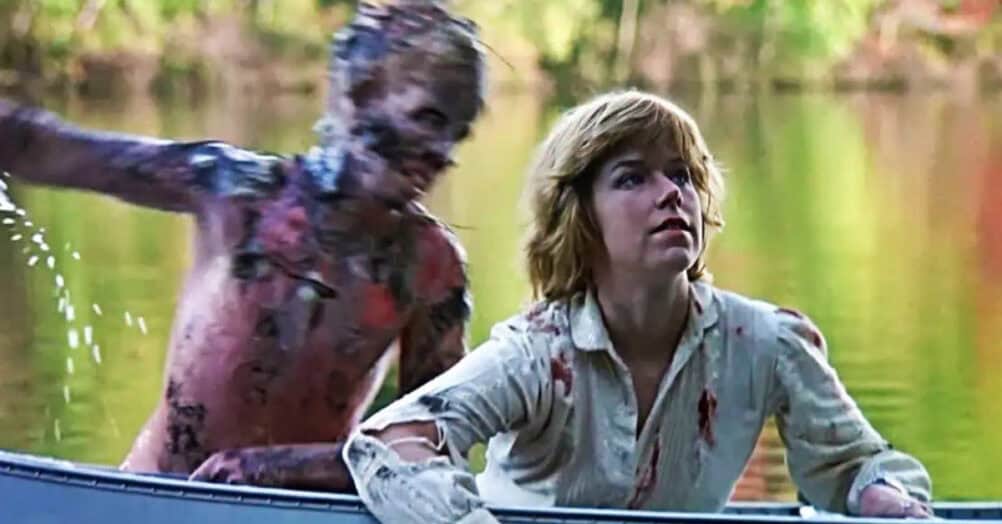
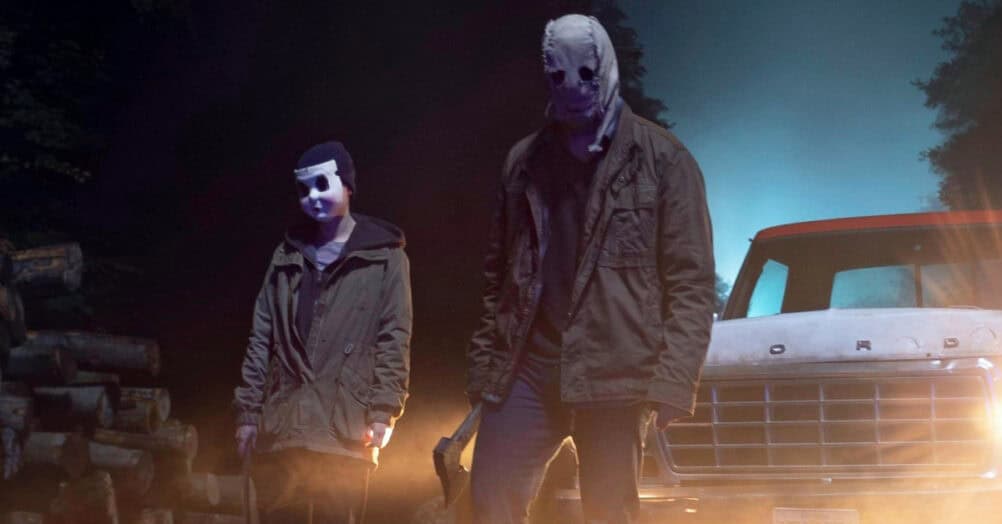
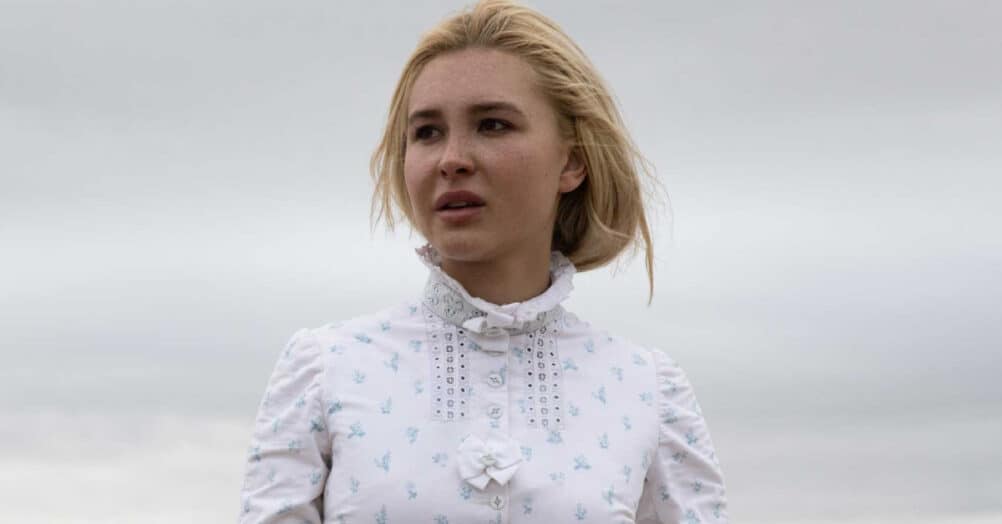
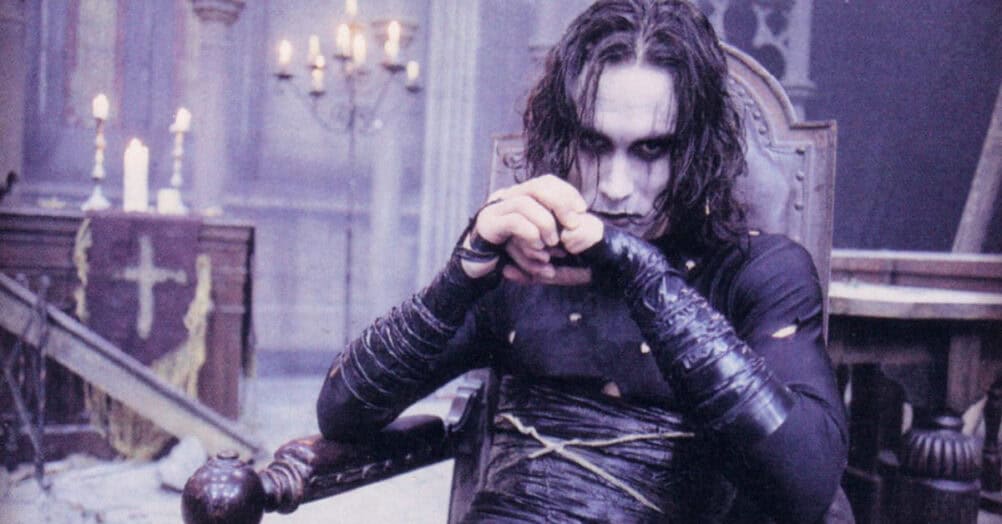
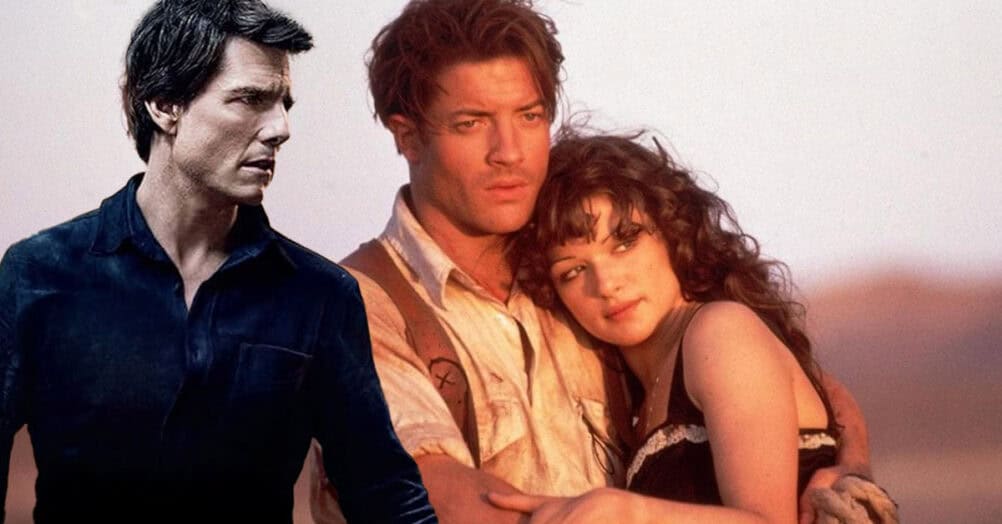
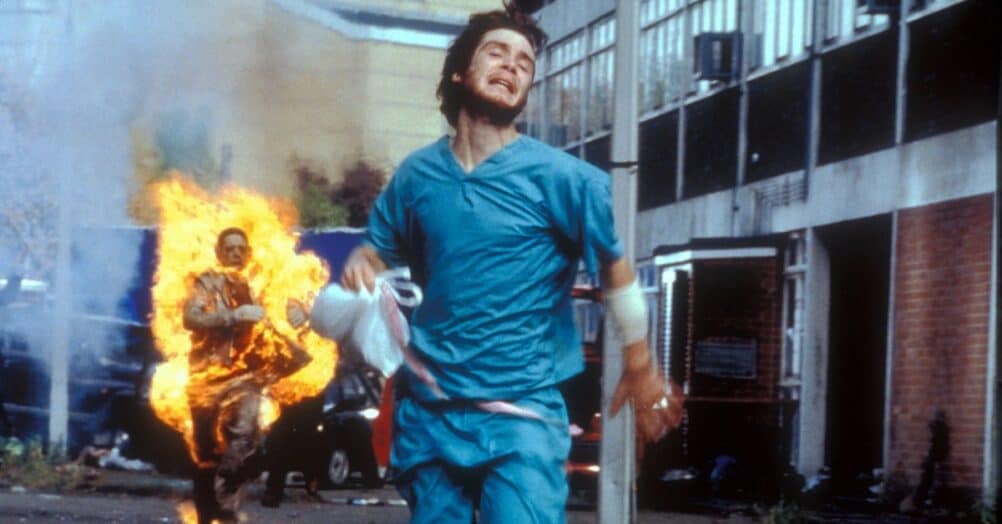

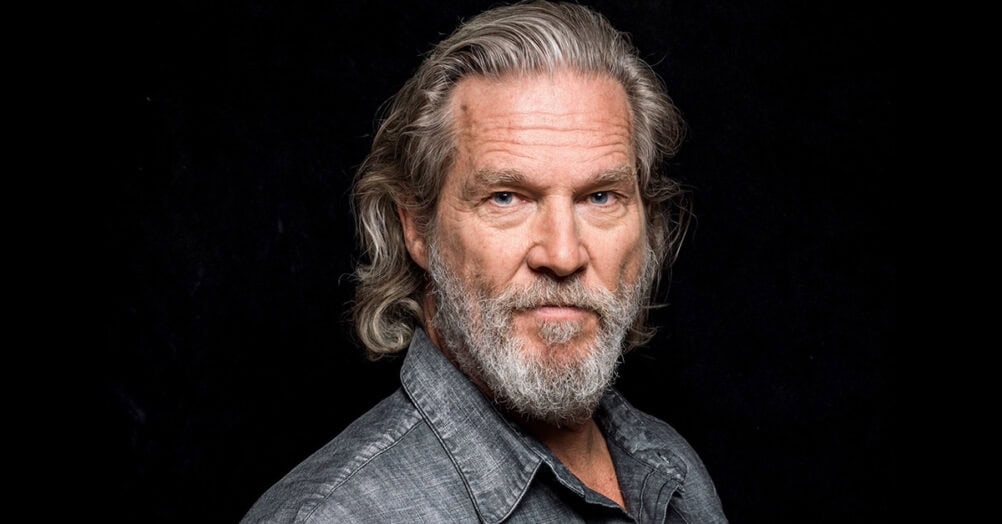

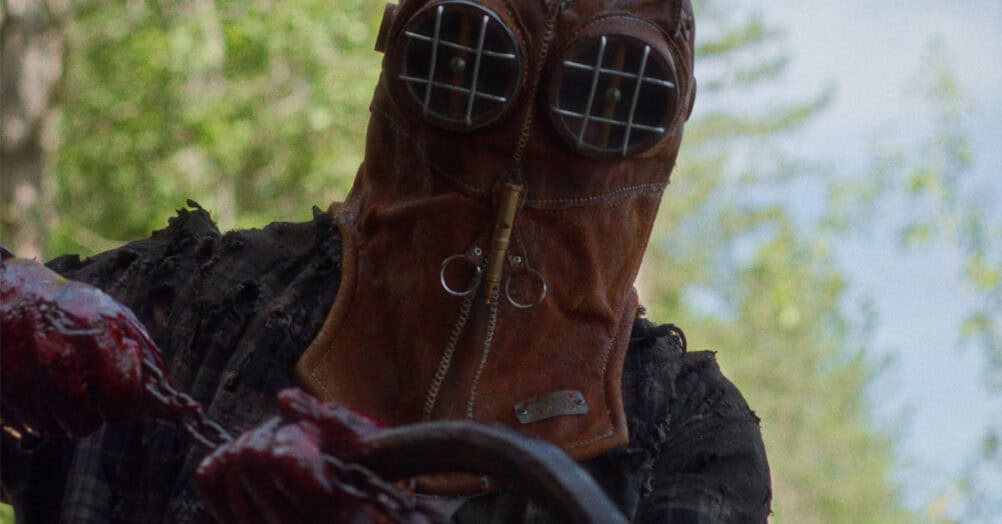
Follow the JOBLO MOVIE NETWORK
Follow us on YOUTUBE
Follow ARROW IN THE HEAD
Follow AITH on YOUTUBE